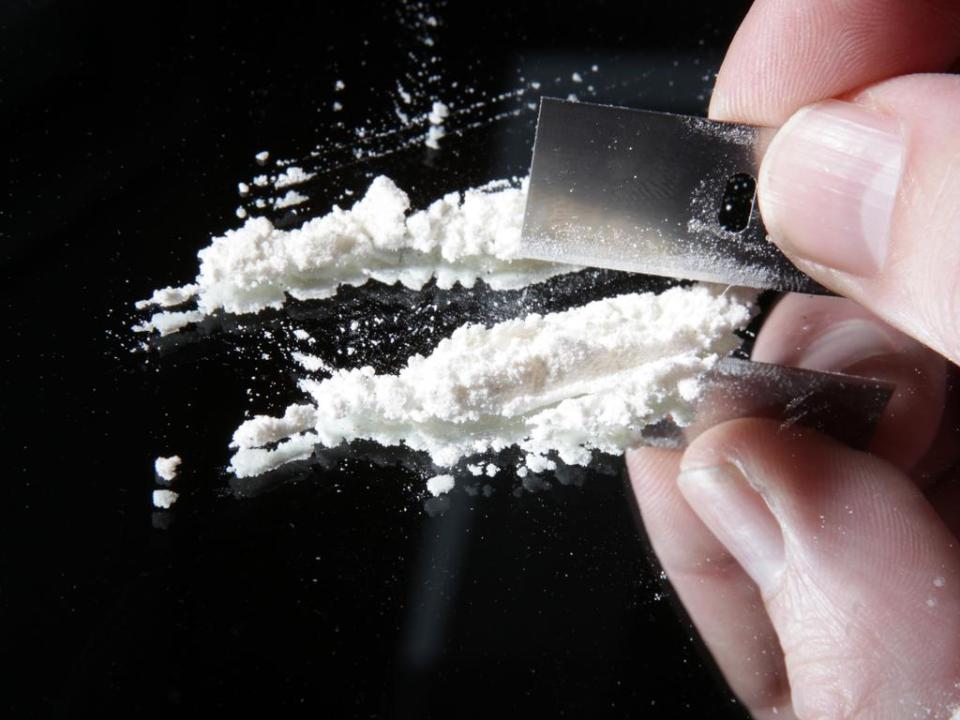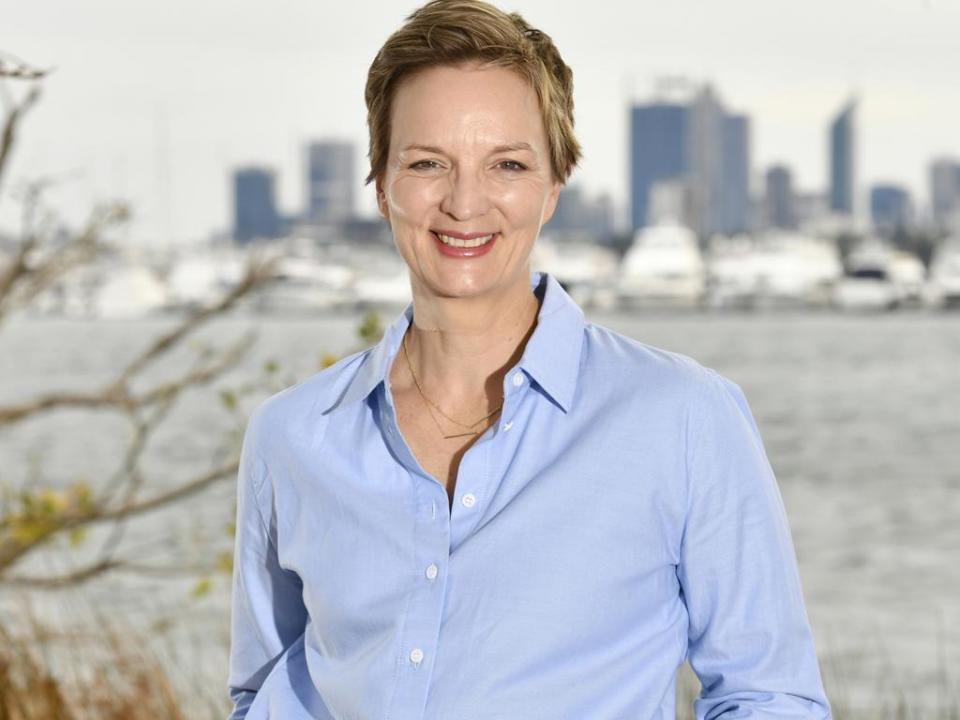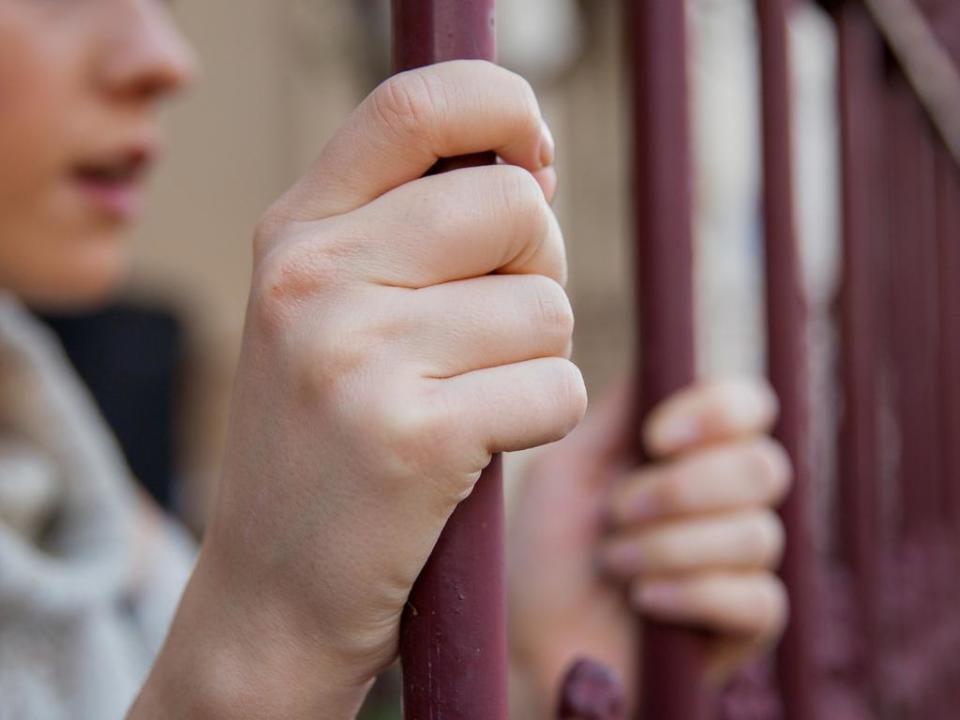Surprise new face of Aussie drug dealers

A new generation of drug dealers has emerged in Australia as middle-aged women turn to crime to support their habit.
Women in their 30s and 40s are becoming the new face of dealers on Aussie streets, with experts saying “the stereotypical dodgy looking guy” is no longer the norm.
One of those women, who wished to remain anonymous, is now preparing for jail after she was caught supplying the drug she became hooked on to others.

The university-educated business owner said she had a loving family but had lived a double life for 10 years when she turned to meth in her 20s to escape fertility struggles, a marriage breakdown, and undiagnosed ADHD.
It wasn’t long before she was buying bigger quantities of the drug for herself and selling it to others while she kept up appearances in the community.
The woman had a good job, access to money and was trustworthy, so people gave her their money so she could buy larger amounts of drugs.

‘When I was a daily user, it started to become an issue of how to get it without encountering too many dangerous elements or being in a place where you could get caught with it,” she said.
“The people who are like me are really good at covering their crime up because we don’t want anyone to know – we’re not messy, we’re not on the street fighting, we are trying to live our lives and find some way to numb our pain.
“It’s everywhere, you’d be so shocked at the people in all professions who are using and dealing – doctors, ambulance drivers, nurses, mining workers.

An addiction expert who has worked in the prison system for decades said the face of drug dealers was now women in their 30s and 40s.
The Whitehaven Clinic founder Tabitha Corser said the spike in the number of women distributing drugs was “astonishing”, but they often flew under the radar.
The clinic specialises in rehab and delivers addiction programs in West Australian jails, with Ms Corser saying the number of female drug dealers had doubled in the last year from five years ago when she first noticed a trend.
“When I started doing this work 14 years ago it was 100 per cent male drug dealers,” she said.
“When someone starts dealing drugs it was often because of their own drug use. No one steps into becoming a drug dealer because it is a great career choice.”

Ms Corser said women in their 30s and 40s usually experienced more life crises, which could create a slippery slope for people who used recreational drugs.
“People don’t have coping strategies and the drug use that was recreational is now the thing that numbs the pain. It’s not about having fun anymore,” she said.
“People start using on a more regular basis and that costs money, so how do they fund it? The next natural step is distributing the drugs themselves.”

The Australian Institute of Health and Welfare data showed that meth, alcohol and cocaine were the biggest issues that presented in women aged over 40.
“The ones you would least expect,” Ms Corser said.
“I treat a lot of women in their 30s and 40s who have started taking drugs to cope with a major life crisis. It’s then spiralled into consistent drug use and eventually turned into them distributing the drugs themselves.
“They’re getting busted by police, going to court, being given home detention and coming to me for rehabilitation before sentencing.
“It’s a slippery slope, from alcohol and recreational drugs – the number of 40-year-old women using cocaine or meth daily is astonishing.”
AIHW statistics also reveal cocaine use in Australia is most prevalent in major cities and within high socio-economic areas.
Cocaine use in Australia as a whole is also high, jumping 13 per cent in the past 20 years.


